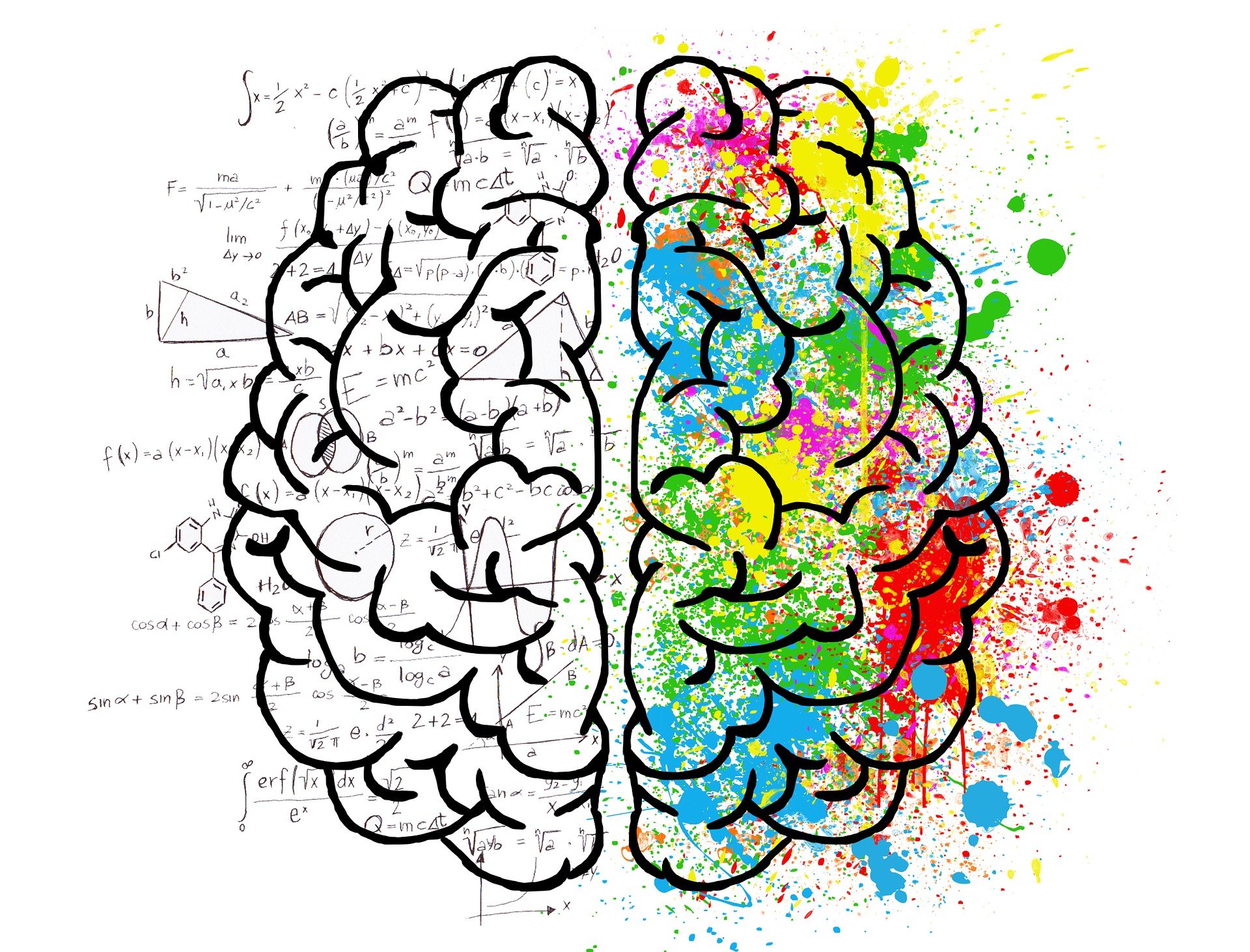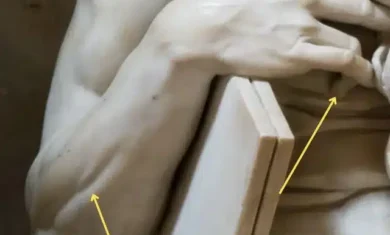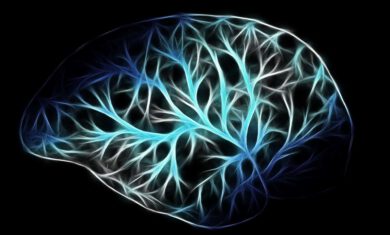For most people, most of the time, if they find themselves in a situation where they feel dumb, they likely just got smarter. It can happen two ways:
First, it might be that you’re immediately corrected with more factual information. This happened to me a few years ago with a bit of info about Matt Lauer — I thought I knew the story, I was wrong, and became a bit smarter as a result of being corrected. It’s kind of like Adam Grant’s use of “my understanding”, leaving himself open to correction when needed.
The other way is if you simply feel uneducated about something, you’re likely to look it up later or try to learn it. You’re not necessarily smarter immediately, but the moment of “feeling dumb” led you to steps of becoming smarter.
Or maybe not…
On the other hand, there are two ways to feel dumb but not get any better.
If I’m talking to the guy fixing my furnace, I’m going to feel rather dumb and I’m not going to do much about it. However, the awareness of my lack of skills in repairing a furnace are of some value (I know not to mess with it and make it worse).
The other way this might not help is if you continue to fight against it. I see this a lot on sites like Facebook, where users are often upset by the fact-checkers that appear on the site. A common response I see is “if your post gets fact-checked, it means you’re close to the truth“. In reality, it generally just means you were wrong and you won’t admit it.
Be less wrong
I don’t aim to be wrong, but when I find out that I’m incorrect on a subject it simply means that I’m less wrong than I was before, which is a good place to be.




